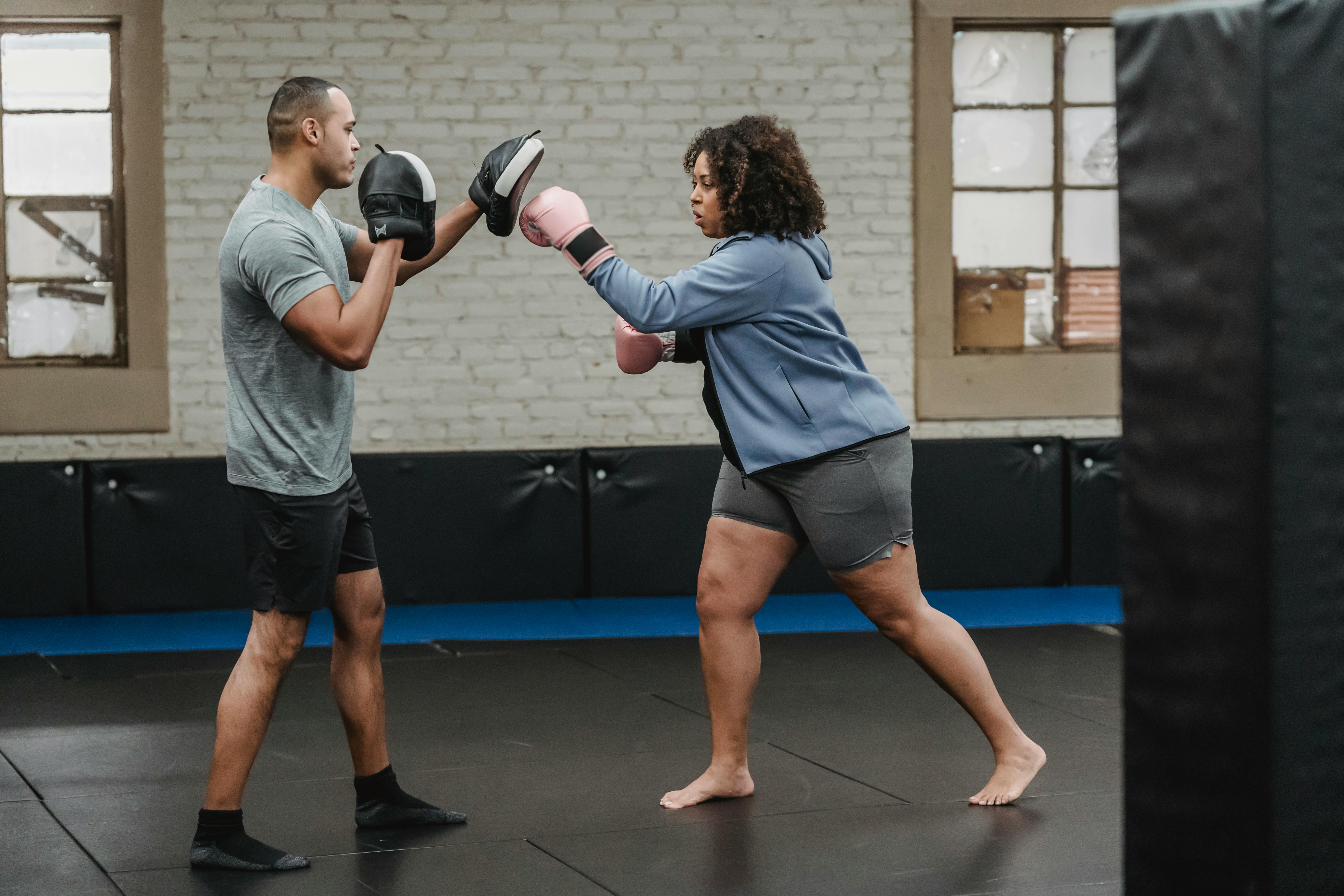There was a man who had a dog with an infected wound on its leg. The vet continued to treat the dog with antibiotics and the infection would clear up. However, the moment the antibiotics were stopped, the infection would return. One day, the man put his hand into the wound and there was a piece of metal in it. He removed it, cleaned the wound, and treated the dog once more with antibiotics. This time, the infection did not return. You may be wondering what this story has to do with emotional eating.
Well, emotional eating is the cog in your fight to lose weight and keep it off. If you don’t get to the root of why you use food for comfort, you will continue to do so. It doesn’t matter what diet you follow, or what exercise regimen you follow, or even if you’ve had lap band surgery.
If you eat for emotional reasons, you will have to boldly reach into the wound and see what is inside.
These three easy steps can help you do just that:
Step one: find the root
Many of the people I work with report that they started using food for comfort at a particular stage in life, such as when their parents divorced, when they left for college, when they got married, or when they went through menopause. . And once they started using food for more than nutrition, they could never break out of the pattern. Every time they use food for comfort, it keeps them stuck in the stage of life they were in when they started, never really growing or moving forward. For example, Emily, a forty-year-old woman who began gaining weight in college and has never been able to lose or regain it since, continues to feel anxious and insecure at age 18 whenever she binges.
When did you start using food to deal with your feelings? And how can you help that younger part of yourself to grow?
Step Two: Why do you eat?
I often ask emotional eaters this question: “Why do you eat?” Most people answer the same. They eat to cope with their feelings. It doesn’t matter what those feelings are. “Like when I’m happy, sad, angry, bored…” For people who eat when they feel bad, all eating does is replace one negative emotion with another negative emotion. Maybe you are familiar with the pattern. You feel bad about something, or you had an interaction with someone that didn’t go your way and you overeat or went off your eating plan. The escape into food gives you a few moments of respite from whatever you were feeling, but then you end up feeling guilty and ashamed and promising yourself that you will never overeat again. Not only is it simply replacing one bad feeling with another, but it confirms to yourself that you really can’t stay on track. This probably makes you feel discouraged and hopeless. It’s a nasty vicious cycle.
If you eat when you feel good, eating replaces a good feeling with a bad feeling. Your happiness or success is suddenly replaced by feeling bad about yourself and your decision to eat. If you fall into this category, you may want to ask yourself why you can’t afford to feel good. Do you secretly believe that you don’t deserve to be happy?
Because you eat? What feelings make you eat?
Step Three: If You Can See It, You Can Stop It
By now you are probably wondering what you can do about it. You may have been locked in a cycle of feeling something, eating to feel better, and then feeling worse for years. Emotional eating could have happened thousands of times, and that could have reinforced your feeling of helplessness in the face of this pattern.
When you are tempted to overeat, you can take this as a red flag that something might have been troubling you. If you can see your pattern happening before your eyes, you can stop it. By analyzing the sentiment and observing it, you may find that you don’t really need or want a caramel latte or a bag of chips, what you really need is to ask for more appreciation from your boss or more affection from your boss. your spouse. You might discover something about yourself that pushes you forward in life instead of keeping you stuck. Each time you choose to face a feeling rather than suppress it with food, your ability to face feelings head-on will be strengthened and your confidence will increase. Food will start to have less power over you.
What system can you implement to stop and think before you overeat?
Awareness is really half the battle. The fact that you are reading this article indicates that you are ready for a change. And the more you follow these three steps, the closer you’ll be to removing the emotion-eating hunk of metal from your wound. Only then can you heal your heart and lose weight.
